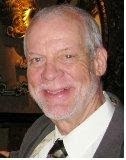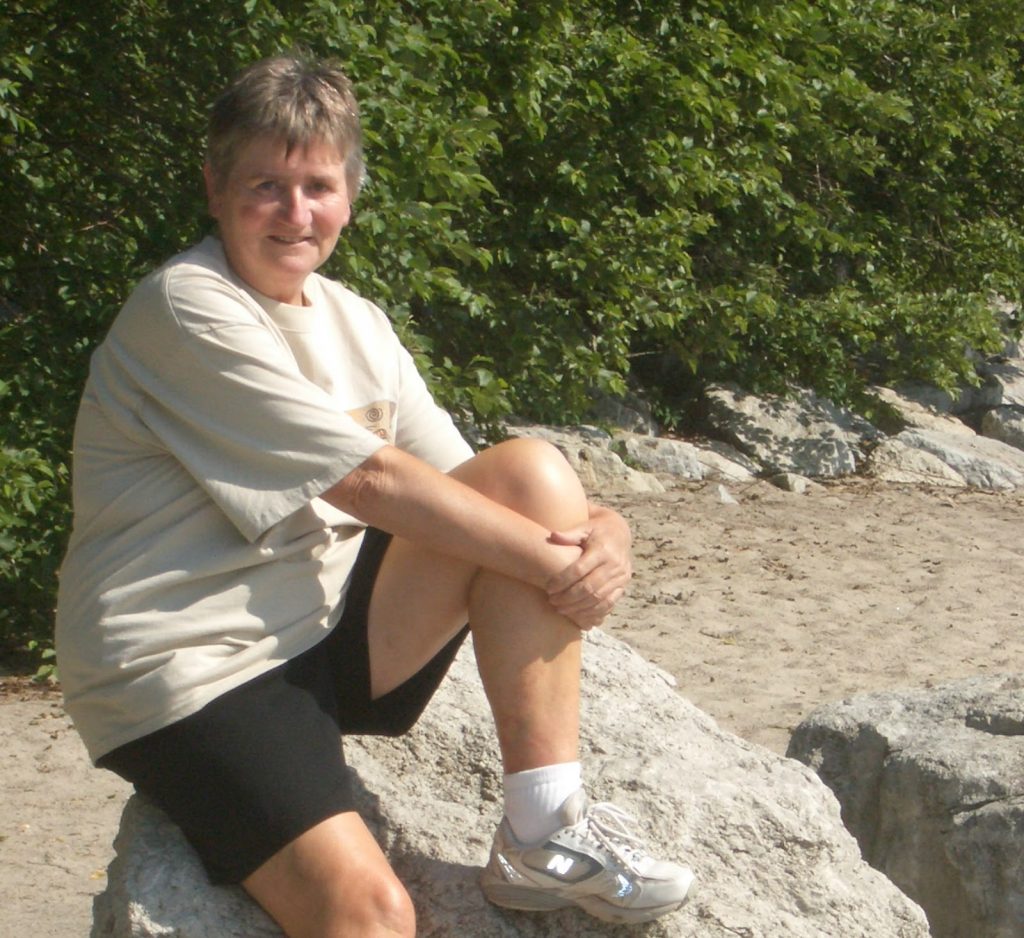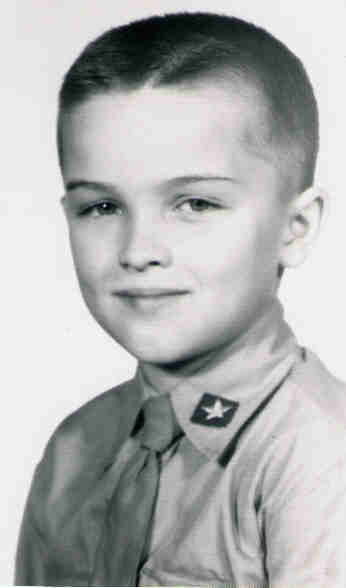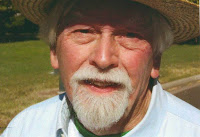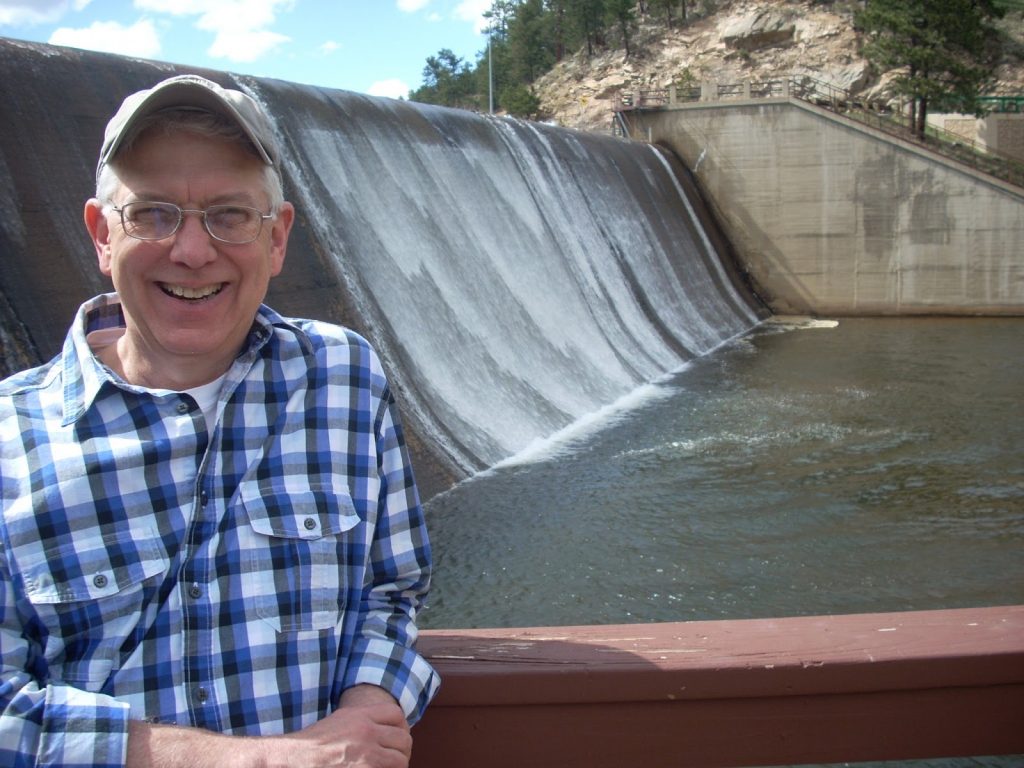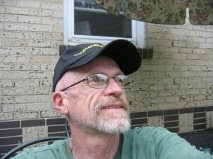In my opinion, there are three types of solitude: of the
body, of the mind, and of both the mind and body simultaneously. There are two sub categories of solitude:
self-imposed and externally imposed. Each
of these categories and sub categories have degrees of effect and affectation
upon a person.
The
following are examples:
|
TYPES
|
SELF-IMPOSED
|
EXTERNALLY
IMPOSED
|
|
Solitude
of the Body
|
Shutting oneself away from
contact with others; a hermit like existence.
|
Imprisoned; trapped by a
natural disaster; shipwrecked on a deserted island.
|
|
Solitude
of the Mind
|
Tuning out distractions while
reading or watching a movie; being in a crowd but feeling alone.
|
Being alone (not by choice)
with no TV, radio, telephone, or other common objects to occupy one’s
thoughts; being deaf and blind; being in a coma; Alzheimer’s Disease.
|
|
Solitude
of Both the Mind & Body
|
Becoming a hermit and
eschewing all means of communication with the “outside” world.
|
Being stranded somewhere without
resources or companionship.
|
On a personal note, I have experienced self-imposed
solitude several times in my life beginning long ago and far away in 1953 at
the Hawthorne Christian School in Hawthorne, California. My withdrawal from personal contact with
other peers occurred as the result of being punched in the stomach by someone I
thought was a friend. I learned that my
peers were not safe. Since my father was
the disciplinarian in our family, I already knew that I was not safe around
adults either.
In December 1957, I was living on my grandparent’s farm
when my father informed me of his divorce from my mother. In spite of two loving grandparents and a
sympathetic uncle, I realized that I was alone in a world where nothing is
safe, secure, or permanent.
By June of 1958, my self-imposed solitude of the mind and
moderate solitude of the body became complete until I left home for military
service. From the time my mother and
step-father came to Minnesota and returned me to Lake Tahoe, California, I have
been what most people would classify as a “loner”. Living for my first summer at the Emerald Bay
Resort, I had no peer interaction except for the occasional young passengers on
my step-father’s tour boat.
Having unintentionally proved to my mother that at 10-years
old I could properly care for my infant twin brother and sister, I became the
live-in babysitter for the next 9-years, which severely limited my after school
social life. Still, I was not lonely but
I did learn to entertain myself with books and games with my siblings. If I was not reading or playing, I
entertained myself in other ways. If
anyone else had been around, they would have said of me that I was the “poster
child” for the saying, “Idle hands are the Devil’s workshop.” I engaged in many risky behaviors. The only reason I did not eventually end up
in reform school, was that I joined the Boy Scouts.
Even in the scouts I was still alone. As the oldest boy in the troop and the Senior
Patrol Leader, I had to set an example and thus did not have any close scout
friends. I was closer to the scoutmaster
than any of the boys. He was my “father
figure” in the absence of my real father and step-father.
In college and the Air Force I had few to no close friends
and continued to remain aloof from others (still being in the closet didn’t
help). My philosophy on friendship (due
to all the situations previously mentioned), was “I will be a friend but the
other person had to make the first move”.
Apparently, nearly everyone I liked was doing the same so friendships
failed to materialize.
Eventually, I met Deborah
and we became good friends before we married.
I had a good life with her, but I still was not thriving and was playing
a lone hand. After she passed away, I
lost my joy of life and withdrew from everything I loved to do for 10-years
before I finally came out of depression.
My solitude did begin long
ago and far away, but it has followed me even to this day. One other thing I’ve learned about solitude —
I don’t like it one little bit. I crave
companionship for everything I like to do by way of entertainment. I have only minimal fun doing things alone. I am beginning to thrive but still have a
long way to go. Perhaps if I live long
enough, I will be able to state, “I left my solitude long ago and far away.”
© 23 September 2013
About the Author
I was born in June of 1948 in Los Angeles, living first in
Lawndale and then in Redondo Beach. Just
prior to turning 8 years old in 1956, I began living with my grandparents on
their farm in Isanti County, Minnesota for two years during which time my
parents divorced.
When united with my mother and stepfather two years later
in 1958, I lived first at Emerald Bay and then at South Lake Tahoe, California,
graduating from South Tahoe High School in 1966. After three tours of duty with the Air Force,
I moved to Denver, Colorado where I lived with my wife and four children until
her passing away from complications of breast cancer four days after the 9-11
terrorist attack.
I came out as a gay man in the summer of 2010. I find writing these memories to be
therapeutic.
My story blog is, TheTahoeBoy.Blogspot.com.

